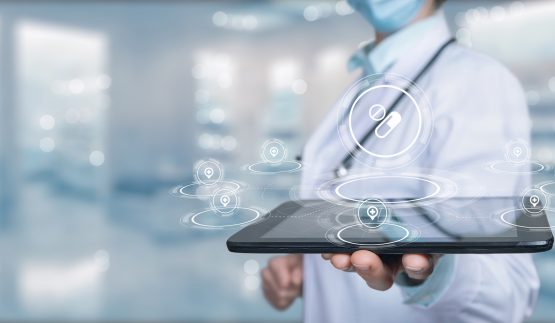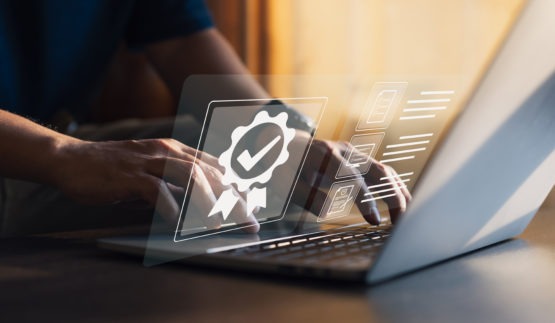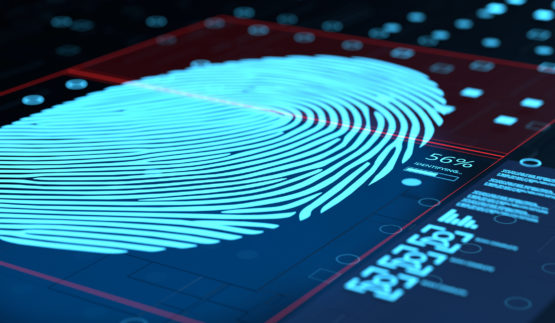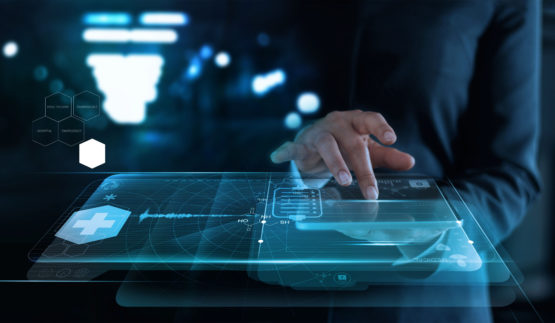
How Hospitals Can Help to Improve Medical Device Data Security
Secure medical device data: A shared responsibility. Find out how hospitals & manufacturers can team up. Learn vital security practices now.

Secure medical device data: A shared responsibility. Find out how hospitals & manufacturers can team up. Learn vital security practices now.

End-to-end data encryption capabilities help ensure that information collected by medical devices at a patient’s bedside can be securely transmitted downstream to other systems.

It’s important for healthcare organizations to consider which type of digital certificate will work best and be the most manageable to keep sensitive information safe.

Secure enterprise systems and frequently tested cybersecurity incident response plans can help healthcare providers minimize the impact of inevitable cyberattacks.

Criminals are using the pandemic as cover to inundate hospitals, health systems and other providers with cyberattacks. To better safeguard the personal health information of patients and prevent unauthorized network access, healthcare providers are securing network connections to their medical devices.

Cyberattacks against healthcare providers have accelerated during the COVID-19 pandemic. A medical record is a treasure trove of data that can be used for a variety of illegal activities, harming both the patient and the institution. Repercussions might persist for years.